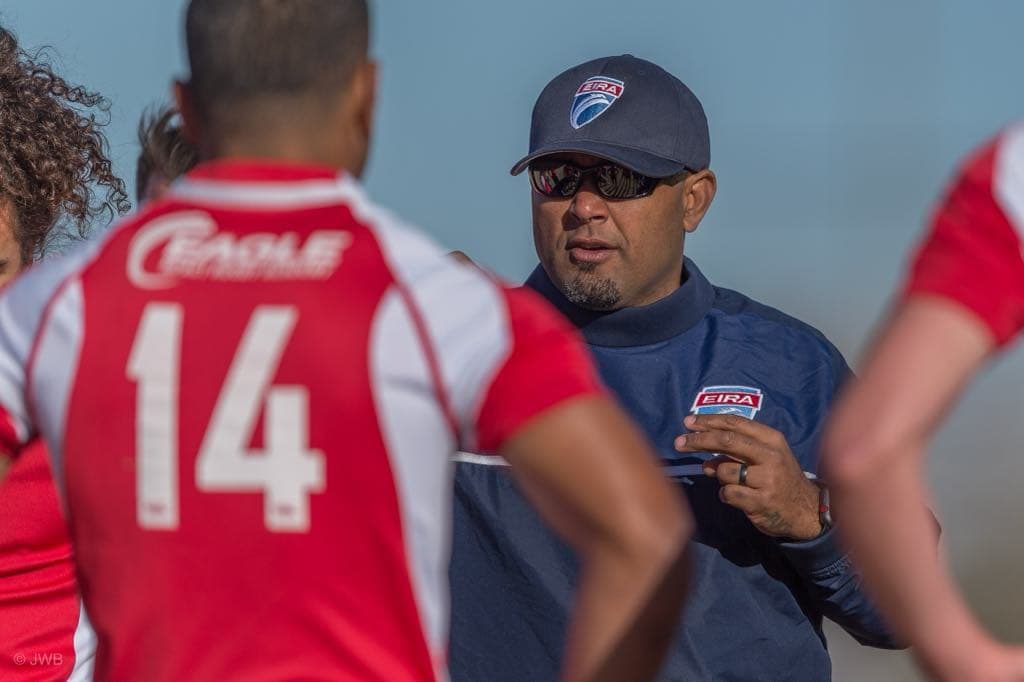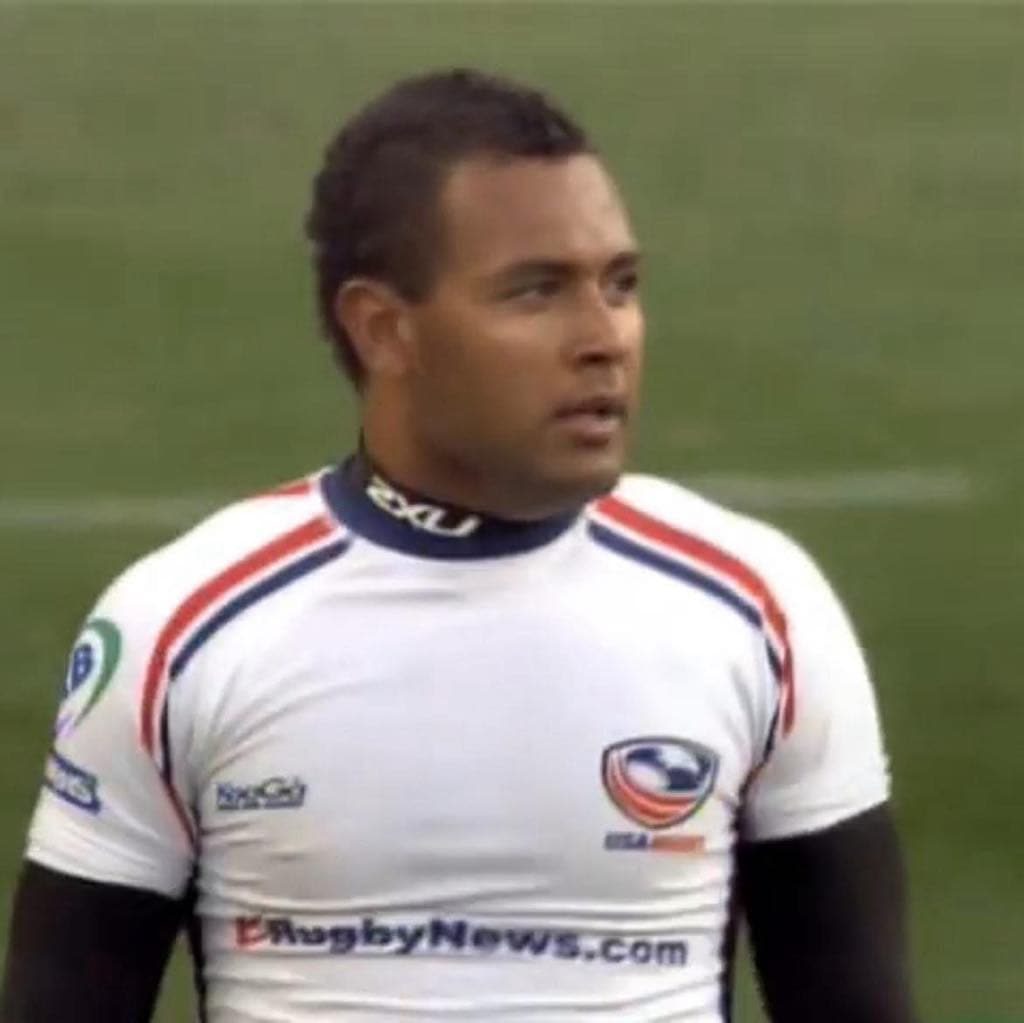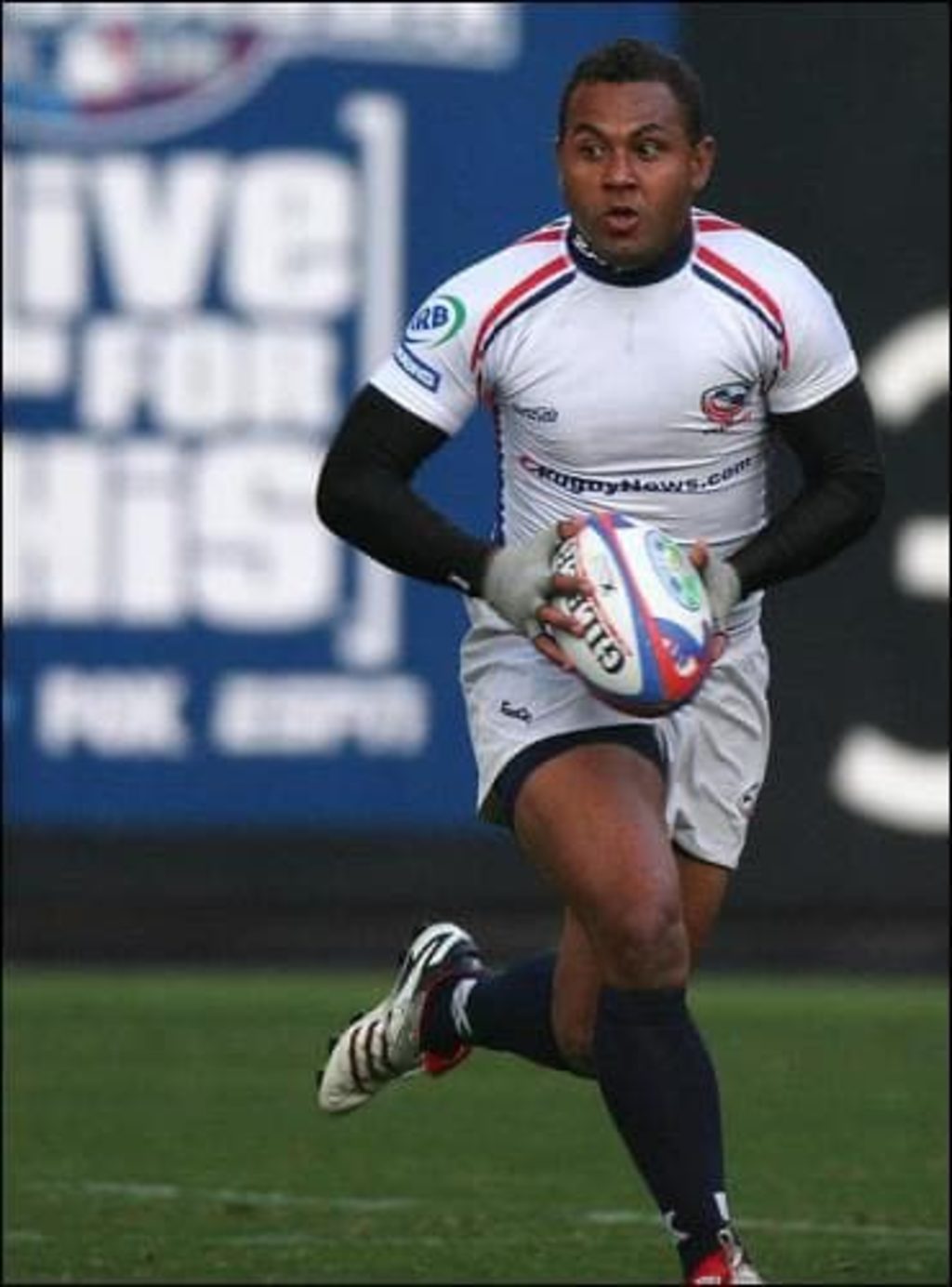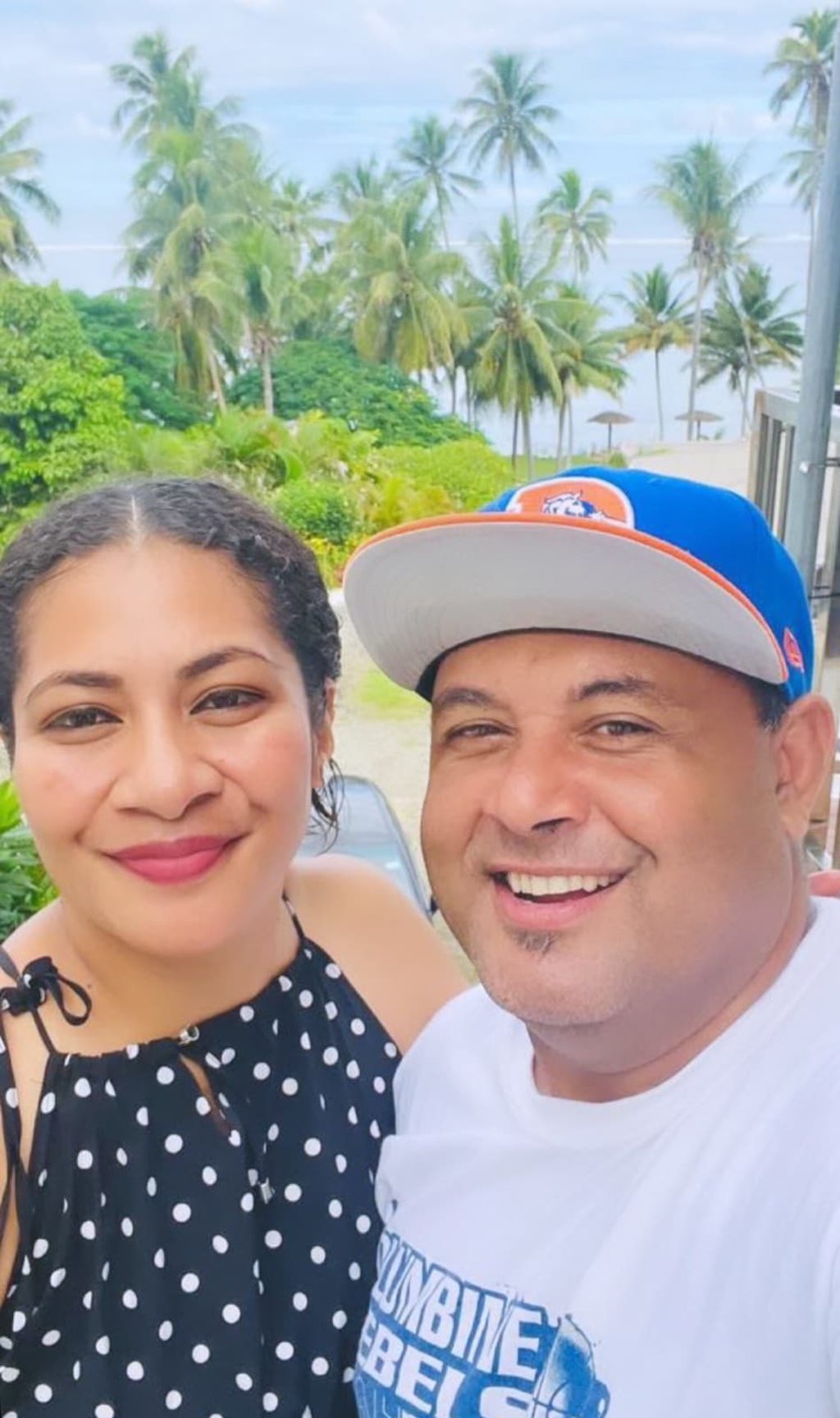WHEN US Rugby recently announced its Hall of Fame inductees for the Class of 2025, it included former USA Eagles 7s and 15s Fiji-born player Jone Naqica.
Naqica joins six other inductees, and he mentioned how elated he felt at being named in the Hall of Fame.
“I feel ecstatic right now, it hasn’t sunk in yet and I know it’s a tremendous honour to be inducted,” Naqica told The Fiji Times on Tuesday.
Early years
A young Naqica would witness how his father would travel up the Wainimala River from their village of Nawaisomo in Naitasiri with a generator and TV in hand just to watch Fiji play at the Hong Kong 7s and upon seeing how exciting the thrill of the team made his father and others feel, he felt determined to give them the same thing too.
Naqica made his foray into rugby at five-years-old in 1985 and he recalled it a time when he would play at the Naluwai ground.
“My mum was a teacher there at Naitasiri Secondary, so I was a part of that and I would tour with the Naitasiri North team at that time around 1985, so that was my first early rugby memories,” he recalled.
His devout following of the provincial team would evolve into playing for Rara District School during his primary education from years one to six and then onto Ratu Kadavulevu School (RKS) for his secondary school education.
He recalled his time there in what had been an era of dominance for the school in the Deans rugby competition.
“I played on the rugby team which was dubbed as the Dream Team at that time even though we didn’t win the under-19 (grade), but we won from U13 all the way to U18.”
Following RKS, he had a brief stint in local club rugby when he crossed the sea to play for the Tagimoucia Rugby Club and Raiwasa Taveuni on Taveuni Island.
As time went on, he would wrap up his time on the Garden Island and head for greener pastures to the United States in 2000.
Moving to the US and sporting differences
When Naqica engaged in rugby in the US, he reflected on how different the pace and flow of game was compared to back home in Fiji.
“Tougher at home; everyone kind of grew up knowing the game at home in Fiji. Growing up there (US) you have to teach some of the players that you play with over there.
“They were transitioning from other sports and then they’re taking rugby for the first time so when I went over there, some of them are just starting out to know what rugby is.”
“I already know the game and it’s more like you kind of want to teach rugby again.”
With this in mind, he felt the need to impart further knowledge on the sport to his teammates.
“For them, rugby is like a sport they take up late in their career, but they transition from other sports like basketball, football, baseball and they transition from that sport to rugby whereas for me, it’s tough.”
In America, he played club level rugby for the Denver Barbarians from 2001-2006 and led them to the USA 7s Championships where they finished as runners-up in 2001 and 2004.
He also played for the San Francisco Golden Gate Rugby Football Club (SFGG) from 2007 to 2014.
Being a part of the USA Eagles Naqica played full-back for the USA Eagles 15s side from 2001 to 2010 where he earned eight caps and played 12 games in total.
He made his debut against South Africa, where he scored two tries in that match.
He was a part of the Denver Barbarians when he was called up to represent the US.
“I always say that when you play, give your best every time. I didn’t know there were selectors who were at a game and I was playing at that game and I know I always did my best.”
He said they were on their way home to Colorado from California when he was approached with the offer to don the national jersey.
“On the way back, my coach told me ‘what would you feel like if you get selected to play for the US’?
“I was like, ‘are you joking’? I thought it was a joke, but he said no.”
He didn’t think too much of the conversation and shared he was light-hearted about it when he received a phone call confirming his selection.
“We got back on Saturday night, then on Sunday I was just joking around, telling my parents that I might be called for the USA team.
“So on Monday, the phone call came and the rest is history.”
Naqica’s stint with the USA Eagles
His professional career took on a new leap forward from that phone call, spanning 29 years from 1985 when he was just five-years-old to 2014.
Naqica also moved into 7s rugby where he played as fly-half from 2001 to 2010, earning 23 caps and playing in 97 games.
He was captain of the Eagles 7s team from 2006 to 2010 and participated in two Rugby World Cup Sevens tournaments in 2005 and 2009.
In 2013, he played a part in the development of rugby in the US as a coach with the Eagle Impact Rugby Academy during the Rugby World Cup Sevens in San Francisco that year.
Upon his retirement, he was the all-time leading try scorer of USA Rugby in 7s with a total of 411 tries.
Facing Fiji on the field
Being part of the USA Eagles has also meant facing his Fijian compatriots on the field in both forms of the game, whether it was 7s or 15s.
With a dynamic opportunity to put on his best, he admitted how enthusiastic he felt whenever such a fixture was made.
“I always looked forward to the games versus Fiji especially my teammates on the American team; they know that’s the game I love to play in.
“Everyone on the team likes to give their best when we play against Fiji and we know we have to play our best. My best memories in playing 7s for the US was beating the boys here. It’s always a challenge.”
Life after rugby
After hanging his boots, Naqica has since shifted his focus to coaching as well as his work and looking after his wife and children in the US.
“Instead of playing on the field, I just stand on the sideline and nowadays I transitioned to coaching.
“It was the tail end of my career and it was coming to an end. I love rugby so much; I couldn’t step away from the game that quickly, so I just transitioned onto the sideline and became a coach.”
Jone Naqica stresses a point during a training session.
Picture: SUPPLIED

Jone Naqica. Pictures: SUPPLIED

Jone Naqica. Picture: SUPPLIED



